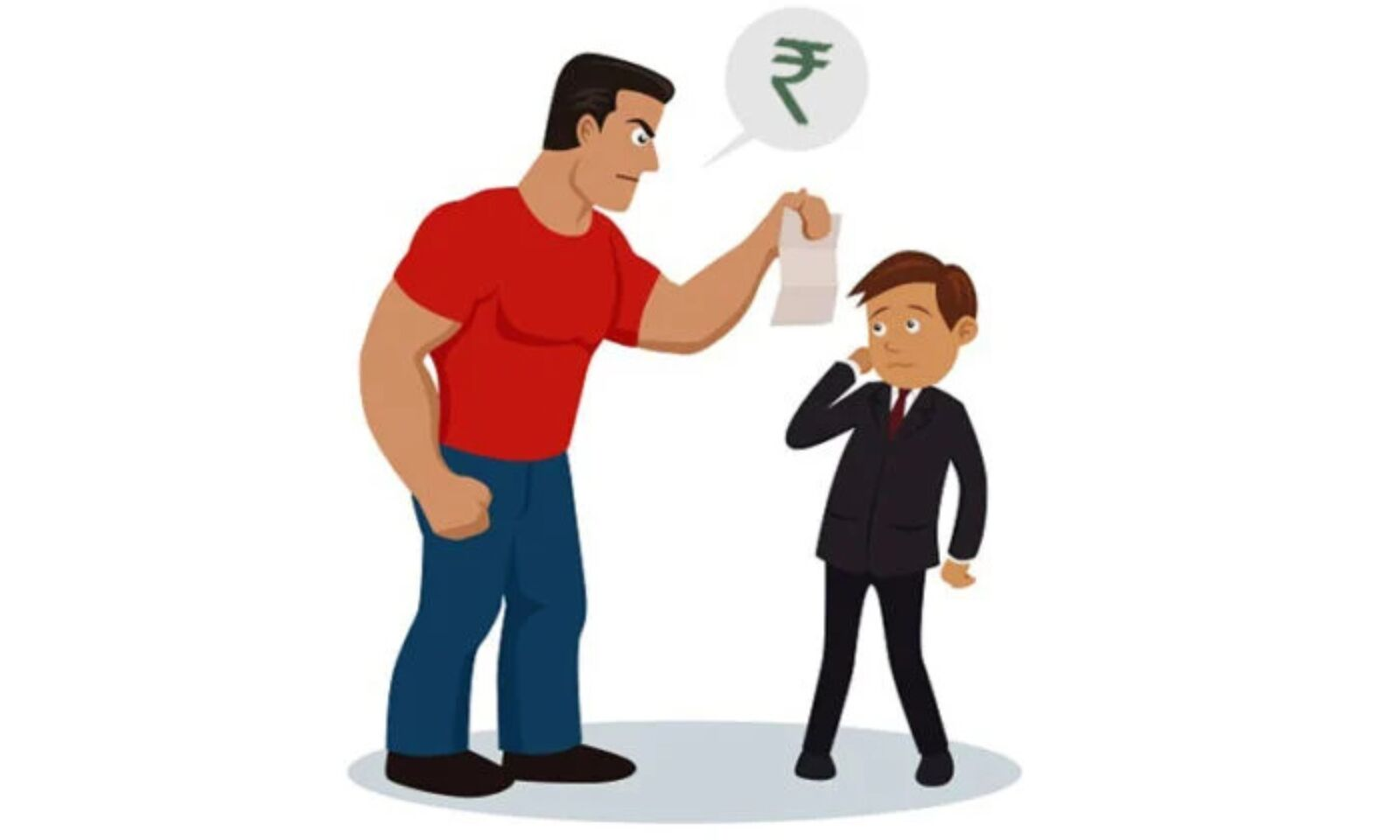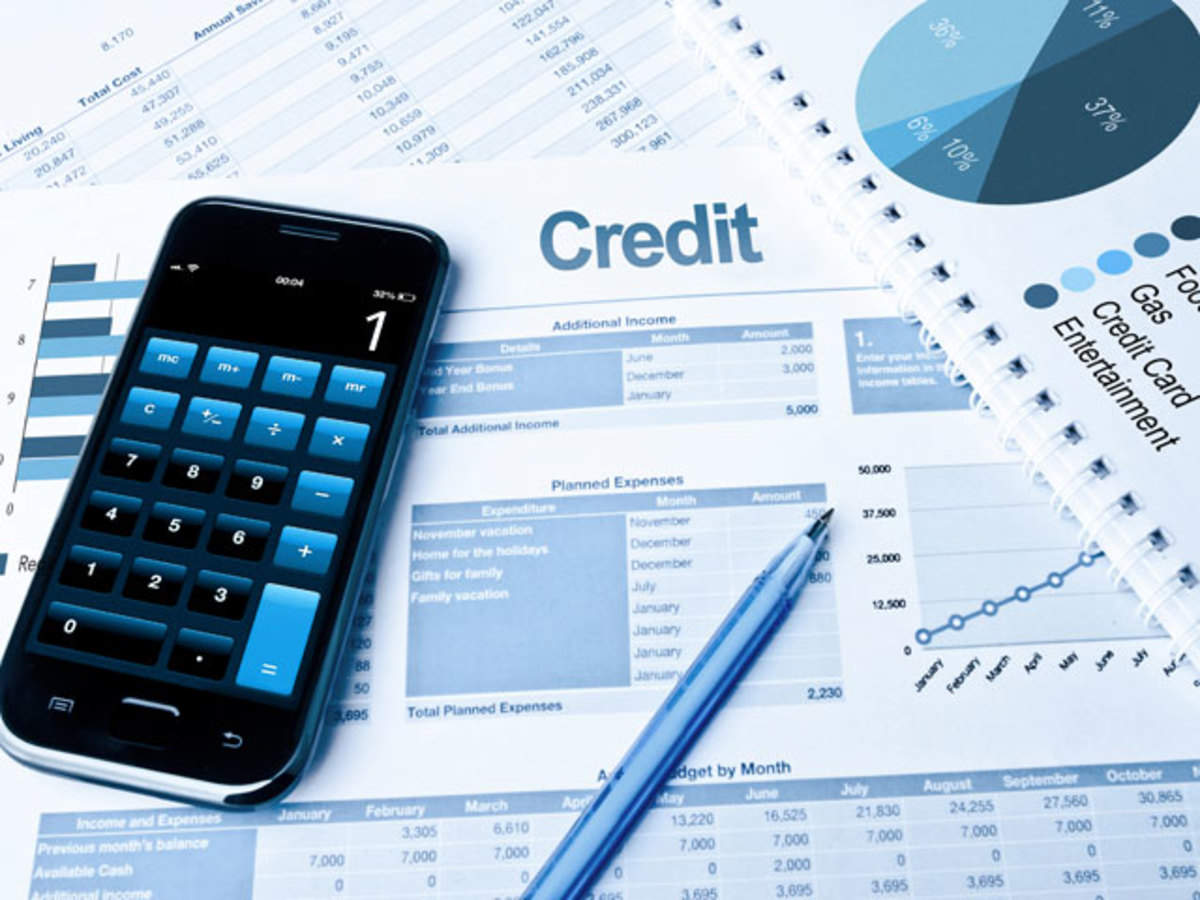Are you experiencing relentless harassment from credit card companies or debt collectors? Understanding how to file a credit card harassment complaint is essential to protecting yourself from abusive practices and asserting your rights as a consumer. In this guide, we’ll walk you through the steps involved in filing a credit card harassment complaint and seeking a resolution for your grievances. Also, if you want to learn about the debt management plan, click on the link now!
Understanding Credit Card Harassment
Credit card harassment involves various abusive tactics used by credit card companies or debt collectors during debt collection efforts. These tactics may comprise persistent phone calls, menacing threats of legal repercussions, forceful language, and intimidating behaviour. Not only do these actions contravene consumer protection laws, but they also detrimentally impact individuals’ mental and emotional health. The relentless pressure and stress inflicted by credit card harassment can leave individuals feeling overwhelmed and powerless, highlighting the urgent need for effective measures to address and prevent such misconduct.
Steps to File a Credit Card Harassment Complaint
To file a credit card harassment complaint, start by documenting all communication from the credit card company or debt collectors. Know your rights under consumer protection laws like the Fair Debt Collection Practices Act (FDCPA). Contact the credit card company directly to request an end to the harassment. If the issue persists, file a complaint with regulatory authorities such as the Consumer Financial Protection Bureau (CFPB) or seek legal assistance for further action. Follow the following steps to file a harassment complaint:
1. Document the Harassment
Keep detailed records of all communication received from the credit card company or debt collectors, including phone calls, letters, and emails. Note the dates, times, and content of each interaction, as well as the identity of the caller or sender.
2. Know Your Rights
Understand your rights by acquainting yourself with consumer protection laws like the Fair Debt Collection Practices Act (FDCPA) and the Telephone Consumer Protection Act (TCPA). These regulations bar specific abusive tactics and offer recourse for consumers facing harassment. Familiarity with these laws empowers you to recognize violations and take appropriate action to protect yourself against credit card harassment.
3. Contact the Credit Card Company
If you’re facing harassment from the credit card company or its representatives, reach out to them directly to voice your concerns and demand an end to the harassment. Maintain thorough records of all interactions, including any responses you receive, for documentation purposes. By addressing the issue directly with the credit card company, you can take proactive steps towards resolving the harassment and protecting your rights as a consumer.
4. File a Complaint with Regulatory Authorities
If the harassment persists despite your efforts to resolve the issue with the credit card company, consider filing a complaint with relevant regulatory authorities. This may include the Consumer Financial Protection Bureau (CFPB) or the Federal Trade Commission (FTC), depending on the nature of the harassment.
5. Seek Legal Assistance
If necessary, seek legal assistance from consumer protection attorneys who specialise in credit card harassment cases. An attorney can help you understand your rights, assess your options for legal recourse, and represent you in negotiations or legal proceedings against the credit card company.
FAQs: “Credit Card Harassment Complaint”
1. What are some examples of credit card harassment?
Examples of credit card harassment include incessant phone calls, threats of legal action, aggressive language, and intimidation tactics.
2. What are some consumer protection laws related to credit card harassment?
Some consumer protection laws related to credit card harassment are the Fair Debt Collection Practices Act (FDCPA) and the Telephone Consumer Protection Act (TCPA).
3. What to do if being harassed by a credit card company?
If you are being harassed by a credit card company, document it and contact the credit card company directly, file a complaint with regulatory authorities, and seek legal assistance if necessary.
4. Why is it important to address credit card harassment?
It is important to address credit card harassment because it can be distressing and overwhelming. By taking action, you can assert your rights as a consumer, seek resolution for your grievances, and put an end to abusive practices.




Leave A Comment